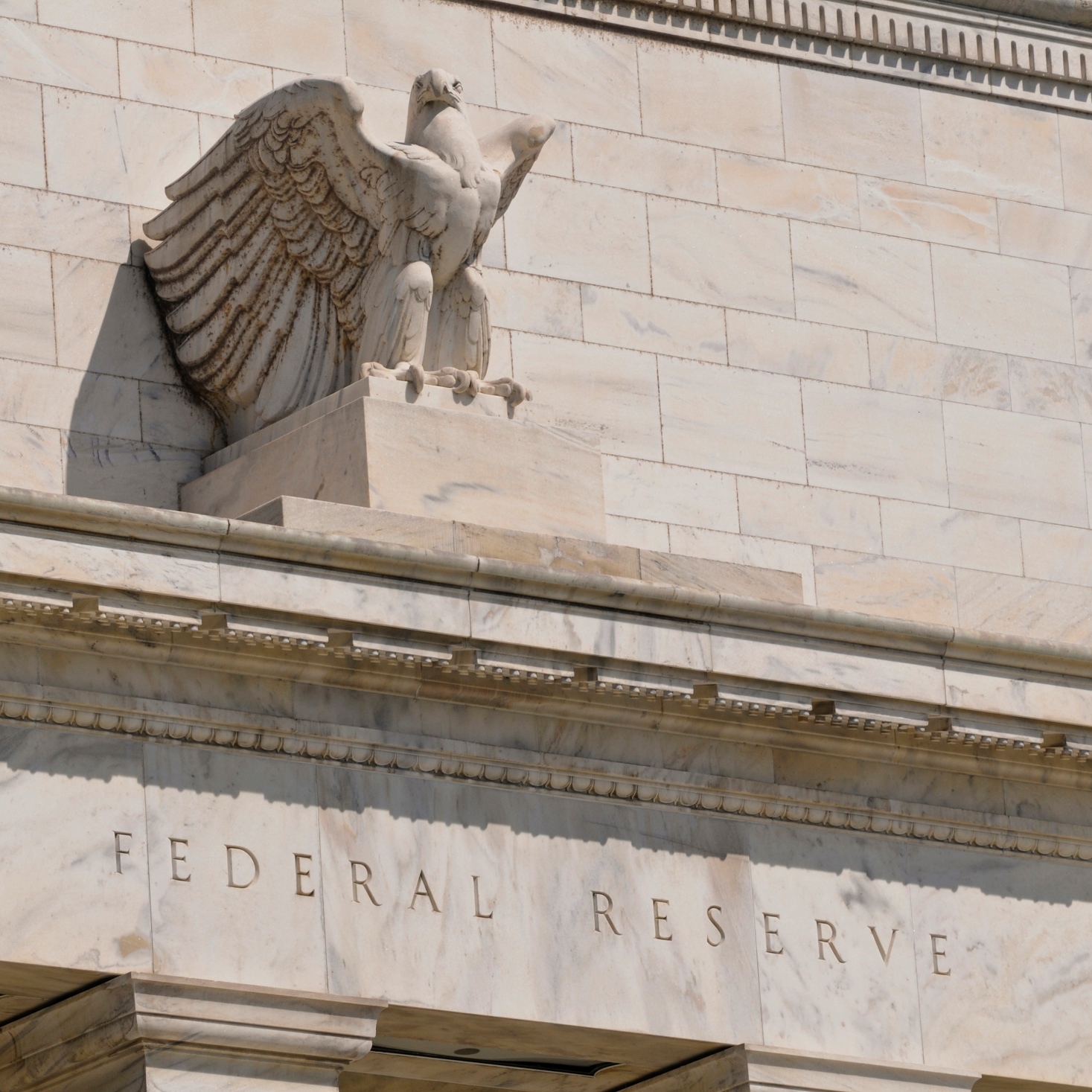Investing
2 Stocks Set to Suffer From an End of June Fed Rate Hike

Published:
Last Updated:

Whether the Federal Reserve will raise rates has been the focus of intense media and analytical scrutiny this year, and it now looks as though Fed Chair Yellen and her team are close to initiating a hike in June. Stress tests have been set up to investigate the impact of such a hike on the U.S. economy, and if the latest speech made by the Fed is to be taken seriously, the U.S. economy is passing these tests with flying colors.
The impact that any hike will have on the equities market is far from certain. Historically, a raise in rates translates to weaker stocks generally, but that may not be the case here because interest rates will still be at record lows. In fact the opposite may be the case now. If any expected hikes are delayed, traders may interpret that as a sign of a weaker economy, which could spur a sell-off.
There are some companies thought that probably still will fall on any hike. Here are two that due to special circumstances may be especially sensitive to higher interest rates.
Apple
Apple Inc. (NASDAQ: AAPL) likely will see a hit on its unit sales for some of its products, as incentives for consumers to save rise and borrowing contracts, but this is far from its biggest issue. Many analysts like to report on the company’s huge cash holdings that are anywhere from $200 billion to $300 billion, depending on what is being considered, but in reality the company only holds a little over $21 billion in cash. The rest of its capital is in marketable securities, and more than 90% is held overseas.
Its debt, on the other hand, came in at just shy of $70 billion at last count, and it’s primarily held in the United States. As interest rates rise even slightly, Apple likely ends up paying more to service its debt, and it won’t be earning much more on its cash holdings since they are overseas. This means that the company will take a quantitative hit from a rate hike on several fronts, and we should see a concurrent hit in its market cap when Yellen gives the word.
Eastgroup
Eastgroup Properties Inc (NYSE: EGP) is a real estate investment trust (REIT) with a focus on industrial real estate, primarily in Florida, Texas, Arizona, California and North Carolina. Why will this company have a hard time if the Fed raises rates? Cheap access to capital offers companies the opportunity to expand at low cost, which leads to increased employment, household income and so on.
One of the key components of an expansion is an increase in operational real estate like offices and warehouses. When rates are low, Eastgroup does well on the back of being able to charge premium rates for its real estate to meet the high demand that derives from industrial expansion. As interest rates increase, however, companies rein in on their expansion efforts, which negatively affects demand for industrial real estate. As this demand dips, Eastgroup’s ability to command premium rental or sale costs for its real estate wanes, and the company should see its top line suffer as a result.
The same is true of most REITs, which are especially sensitive to rate hikes, even if they are small and historically insignificant, as this month’s purported rate hike will be, if it happens.
Start by taking a quick retirement quiz from SmartAsset that will match you with up to 3 financial advisors that serve your area and beyond in 5 minutes, or less.
Each advisor has been vetted by SmartAsset and is held to a fiduciary standard to act in your best interests.
Here’s how it works:
1. Answer SmartAsset advisor match quiz
2. Review your pre-screened matches at your leisure. Check out the advisors’ profiles.
3. Speak with advisors at no cost to you. Have an introductory call on the phone or introduction in person and choose whom to work with in the future
Thank you for reading! Have some feedback for us?
Contact the 24/7 Wall St. editorial team.